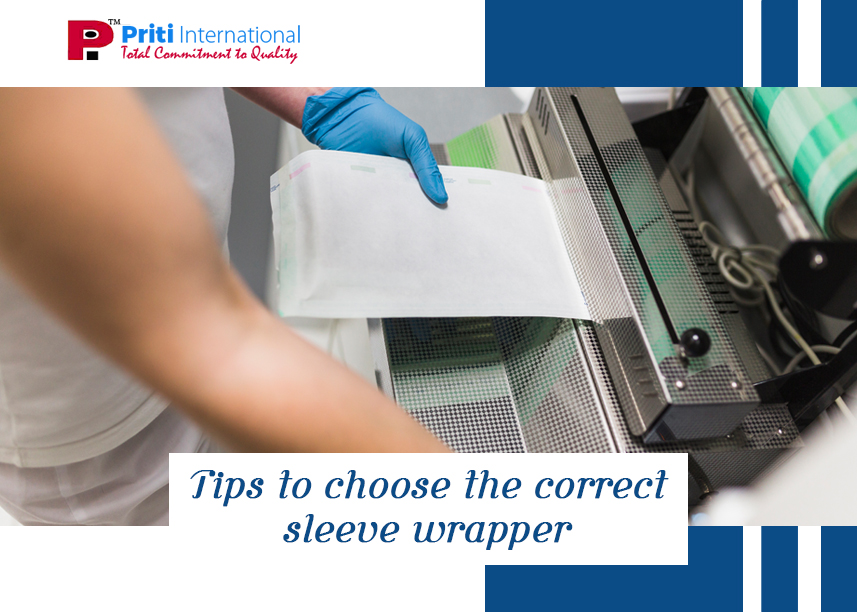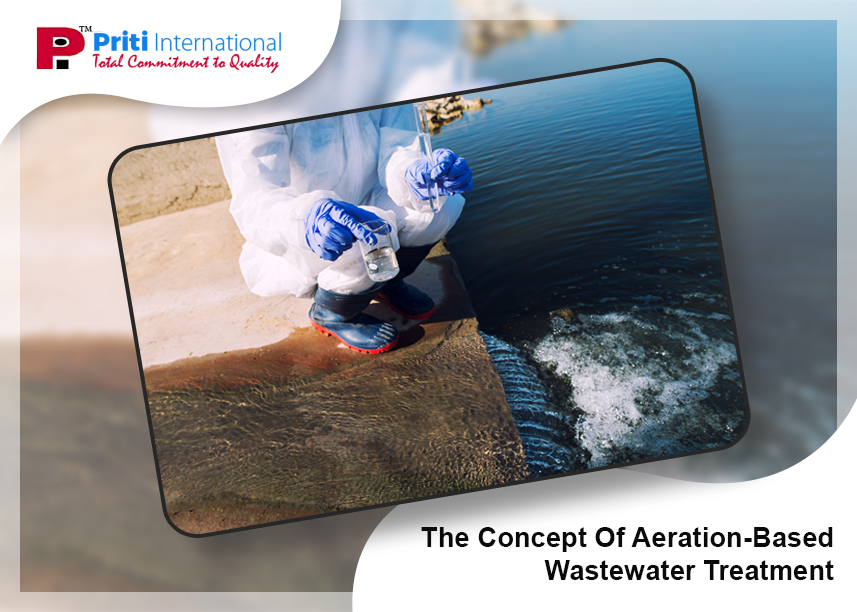Wondering how to find the right turnkey project consultants for your business? In this article, learn about turnkey solutions across various sectors.
If you are looking for a solution that can help streamline your business operations, then turnkey manufacturing might just be the answer you’ve been searching for. So, let’s explore how your business can benefit from a turnkey manufacturer, & the different turnkey project solutions available. Â
Continue reading



